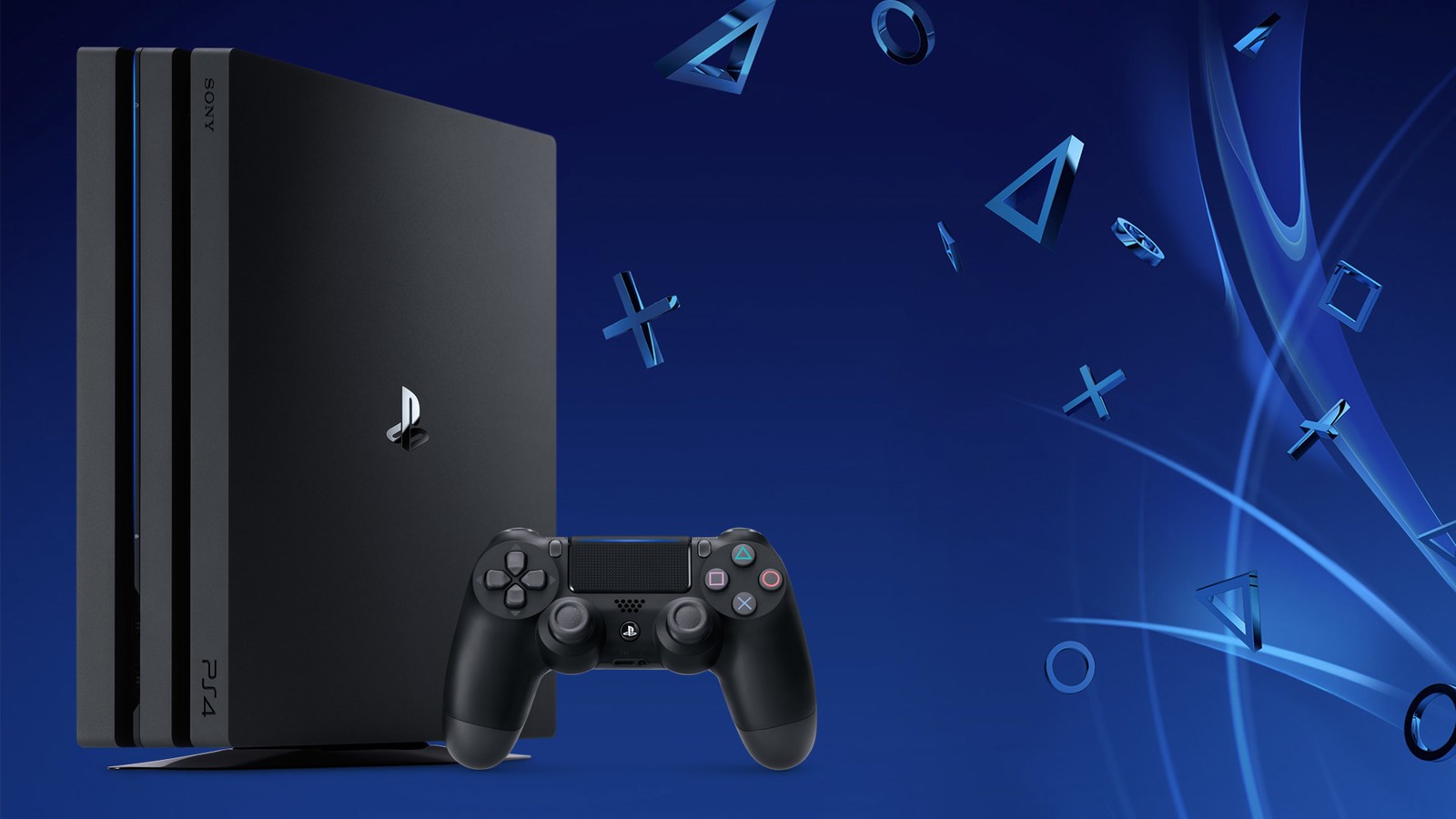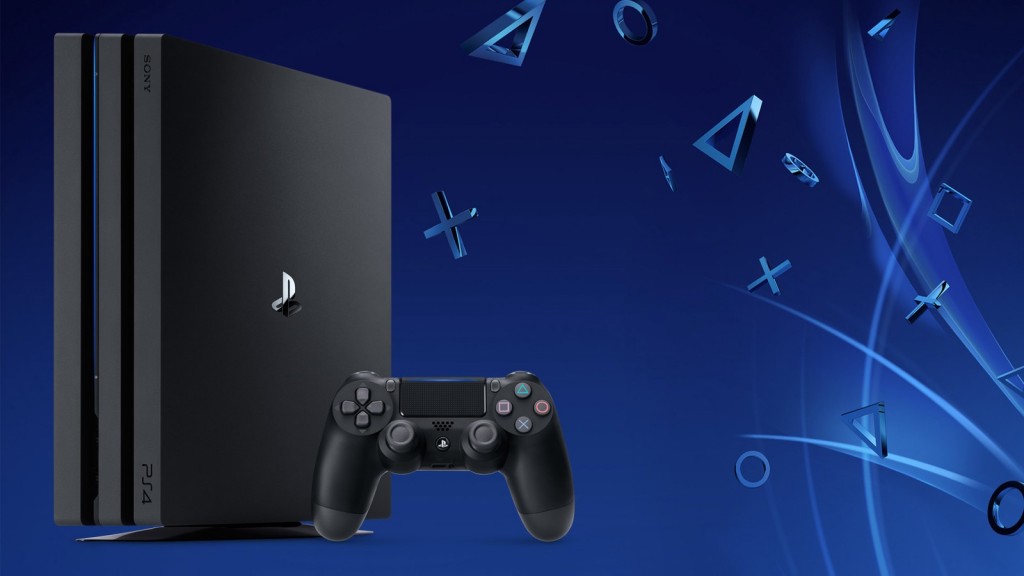It wasn’t that long ago (certainly at the beginning of 2019) that I would have told you the PlayStation 5 is the next-gen console I’m looking forward to most.
My reasons for giving that answer at that time were simple to the point of being boring. With the Nintendo Switch already out and the next-gen Xbox seemingly set to feature few exclusives I can’t play on PC or elsewhere, the PS5 was the only console on the horizon that really felt like a must-have.
In just a few months, though, a few things have changed. Now, I can’t help but wonder if Sony has enough friends to win the upcoming console war.
The PlayStation 4 is arguably as successful as it is due to the strength of its exclusives, the value of the PlayStation name, and its historically friendly price point. While the latter two points certainly helped the PS4 initially, it’s that first point that has given the console such impressive longevity.
Historically, exclusives have been the most obvious way for one console to distinguish itself from the competition. A console manufacturer just has to say, “We have these games that the competition does not,” and the conversation tends to be over.
Lately, though, the nature of the video game industry has changed. Now, it’s not so much about how you isolate yourself from the competition via exclusives, but how you partner with game companies to deliver games in different ways.
Microsoft is teaming up with Nintendo and other service providers to offer their games to more players. Google is trying to advance cloud streaming by working with a variety of developers on their Stadia service. Apple is getting into the subscription game, and Epic is trying very hard to unseat Steam as the definitive PC game marketplace.
It’s a changing landscape that is already making the traditional console seem like an outdated concept. It’s also a world that may not be kind to the PS5 if it proves to be a traditional console.
A traditional console is gated. It’s isolated. It is a box you buy that hooks up to your TV and plays games specifically designed to work with it. A traditional console doesn’t feature cloud support, a built-in subscription service, it can’t be played independently of a fixed display, and it certainly isn’t designed to attract the “competition.”
There are going to be some people who want a no-fuss, hassle-free, traditional console, but in the age of the Nintendo Switch and cloud gaming, a traditional console suddenly feels archaic in many ways. What’s worse is that Sony’s policies regarding cross-play and cooperation with the competition send the message that they might be the one major company this next generation to truly send the message that you’re either with us, or you’re against us.
Add it all up, and you’re left looking at a version of Sony that feels like they’re banking on the idea that the future is scary and there are going to be a lot of people who are going to want “just a console” this next generation. Maybe they’ll surprise everyone and turn the PS5 into something more exciting than that, but if they don’t, you’ve got to wonder whether the PS5 can really make it while being little more than a more powerful PS4.
We think Sony will adapt, and we think they will remain the source for some great games. However, if they don’t, then there are reasons to believe that Sony might be stuck offering the same old thing in a changing world.





